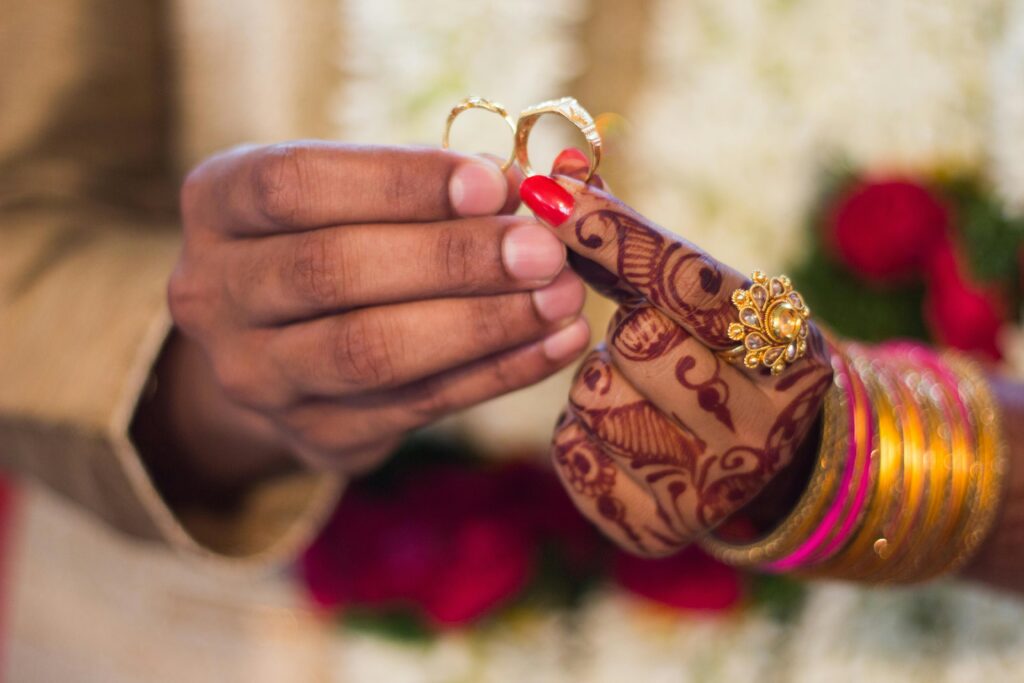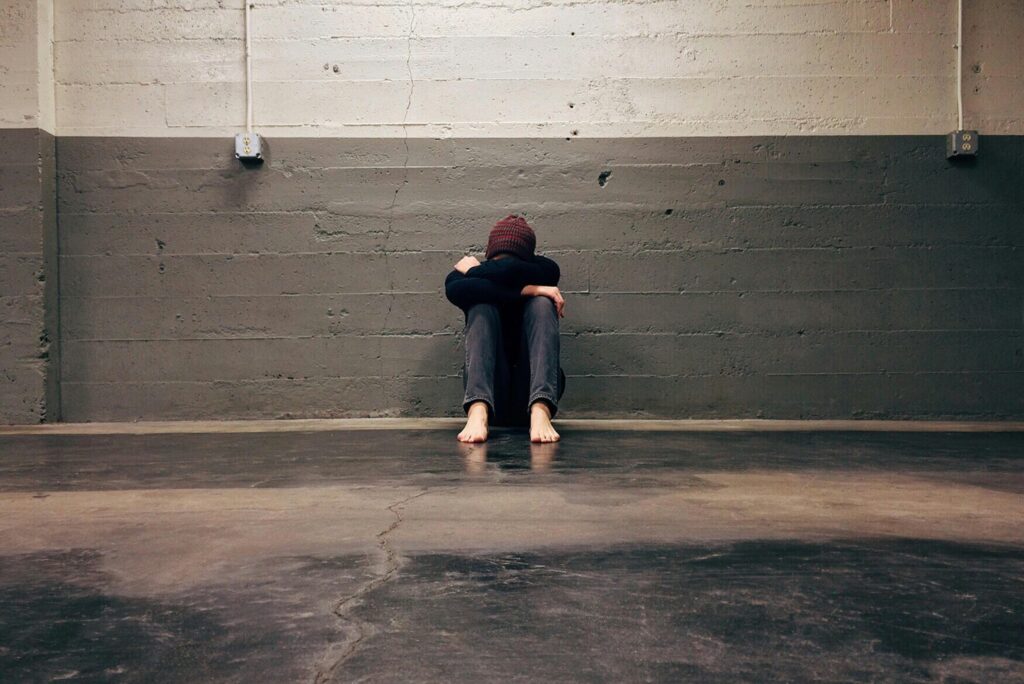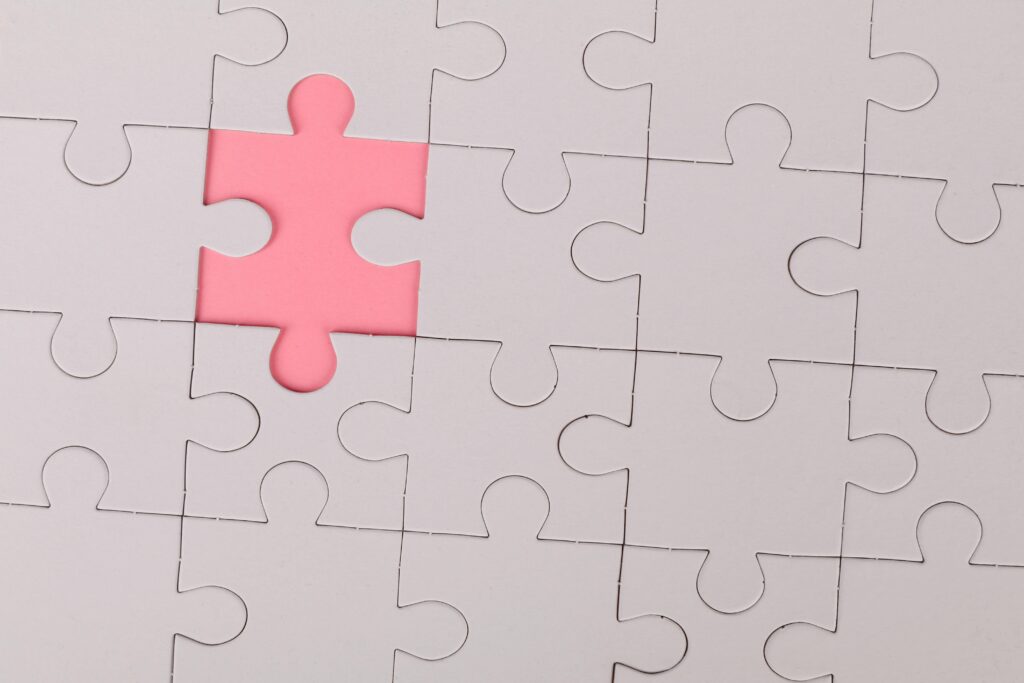Getting married in India involves rituals, celebrations—and paperwork.
While the wedding may happen with pomp and tradition, marriage registration is a legal formality that gives your relationship legal recognition. It’s not just a stamp of status but a requirement when you need to apply for a visa, open joint accounts, claim insurance benefits, or assert spousal rights.
Despite being optional in some religious setups, it is strongly recommended for all couples.
In India, marriages are registered under either the Hindu Marriage Act, 1955 (if both parties are Hindus, Buddhists, Jains, or Sikhs) or the Special Marriage Act, 1954 (for inter-faith or civil marriages).
The Hindu Marriage Act allows registration after the wedding ceremony is completed. The Special Marriage Act, on the other hand, includes a 30-day notice period before the wedding and is more document-heavy.
Here’s a side-by-side of both:
| Particulars | Hindu Marriage Act | Special Marriage Act |
|---|---|---|
| Applicable to | Hindus, Jains, Sikhs, Buddhists | All religions, inter-faith couples |
| Registration Timing | After solemnisation | Before solemnisation |
| Notice Period | Not required | 30-day public notice |
| Witnesses | Usually 2 | Minimum 3 with ID proofs |
| Conversion | Not required | No conversion needed |
| Place of Marriage | Any traditional/religious venue | Conducted before Marriage Registrar |
Offline Registration Process
For both laws, you can register your marriage at the Sub-Divisional Magistrate (SDM) Office or Marriage Registrar Office in your district.
- Collect the marriage registration form (or download from state website).
- Fill in details: name, date of marriage, place of marriage, spouse’s information.
- Attach supporting documents:
- Address proof (Aadhaar, voter ID, passport)
- Age proof (birth certificate, 10th mark sheet)
- Wedding photos
- Affidavit of marriage
- Invitation card (if applicable)
- Submit form along with photographs and witness IDs.
- Schedule appointment if needed, and attend with witnesses.
- Receive your Marriage Certificate, usually on the same day or within a few days.
Online Registration (Where Available)
Many states now offer online marriage registration portals through their official government sites. Delhi, Maharashtra, Uttar Pradesh, Karnataka, and others have fully digitised platforms. Here’s the basic flow:
- Visit your state’s official marriage registration website (e.g., Delhi’s e-District portal).
- Create a login using your phone number or Aadhaar.
- Fill in the application and upload scanned documents.
- Choose appointment date.
- Visit SDM office on scheduled date with originals and witnesses.
- Get certificate post-verification.
If you’re unsure which law your marriage falls under, read our guide on Hindu vs Special Marriage Act – What’s the Difference for Couples?
While not registering your marriage doesn’t make it invalid, it can create hurdles during legal disputes, immigration applications, or official verifications. It’s a small step that offers long-term legal clarity and protection.
A marriage certificate isn’t just a symbolic document—it’s your official proof of marital status under Indian law. If you plan to apply for a passport, visa, bank loans, health benefits, or inheritance claims, this certificate is critical.
Even for legal remedies like divorce, maintenance, or child custody, a certified proof of marriage makes legal procedures smoother.
Under the Hindu Marriage Act, 1955, registration is available for couples who have already solemnized their marriage through traditional Hindu rituals.
Under the Special Marriage Act, 1954, the process is secular and suited for interfaith or civil marriages. It requires a 30-day public notice and objections, if any, before the marriage is officially registered.
The online process, while state-specific, usually involves:
- Logging in to the relevant state’s e-District portal
- Filling up a digital form
- Uploading proof of age, residence, photographs, affidavits, and witness ID proofs
- Choosing a time slot for physical verification
- Visiting the SDM/Marriage Registrar’s office on the scheduled date
- Receiving a digitally signed certificate or a printed hard copy
States like Delhi, Maharashtra, and Uttar pradesh have well-functioning online systems. If you live in a state where online options are not available, the offline route is still very effective.
Remember, under the Special Marriage Act, anyone can object to your marriage during the 30-day notice period by submitting written reasons to the Marriage Officer.
If no objections are received, the marriage is solemnized, and a certificate is issued immediately.
If you’re changing your name after marriage, don’t forget to update your PAN card, Aadhaar, passport, and bank records. Our guide on How to Legally Change Your Name After Marriage can help simplify the process.
FAQs
1. Is marriage registration compulsory in India?
While not mandatory for all religions, it is strongly recommended and necessary for most legal and administrative purposes.
2. Can I register my marriage if we married years ago?
Yes. You can register even after years of marriage with the required documents and photos.
3. Do we need witnesses for registration?
Yes. Both laws require 2–3 adult witnesses with valid ID proofs.
4. Can I register an interfaith marriage without conversion?
Yes, under the Special Marriage Act. No conversion is needed.
5. How long does it take to get a marriage certificate?
It can take a few days to a few weeks, depending on the state and type of application (online/offline).



